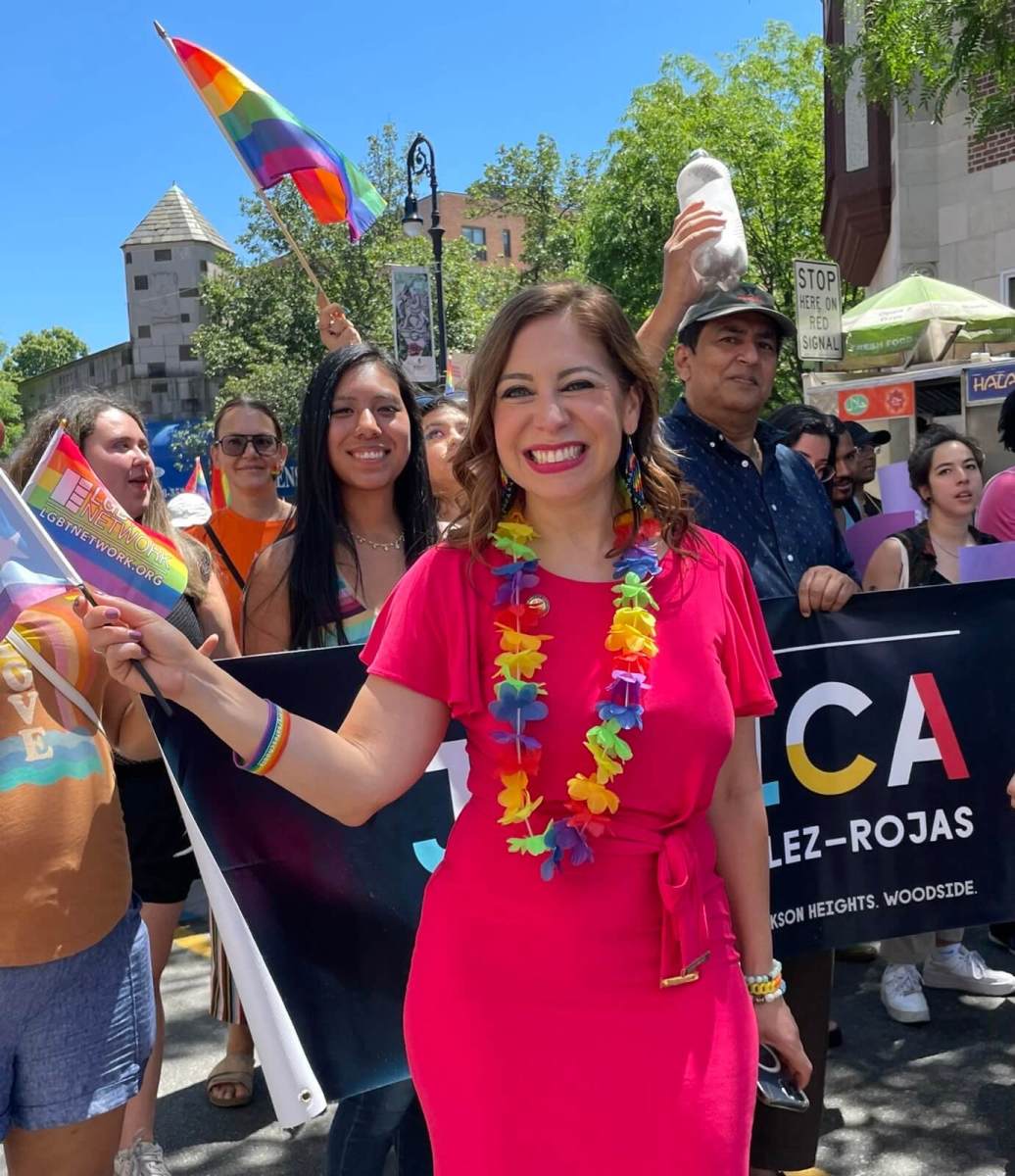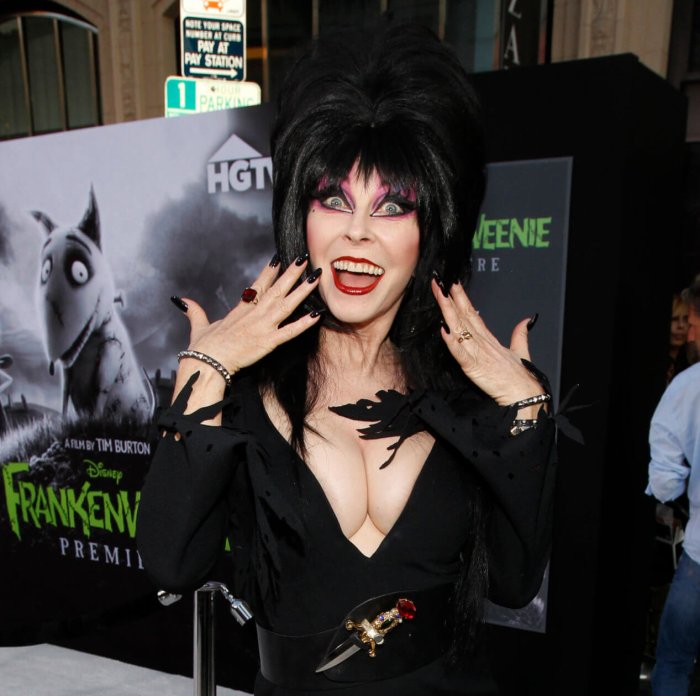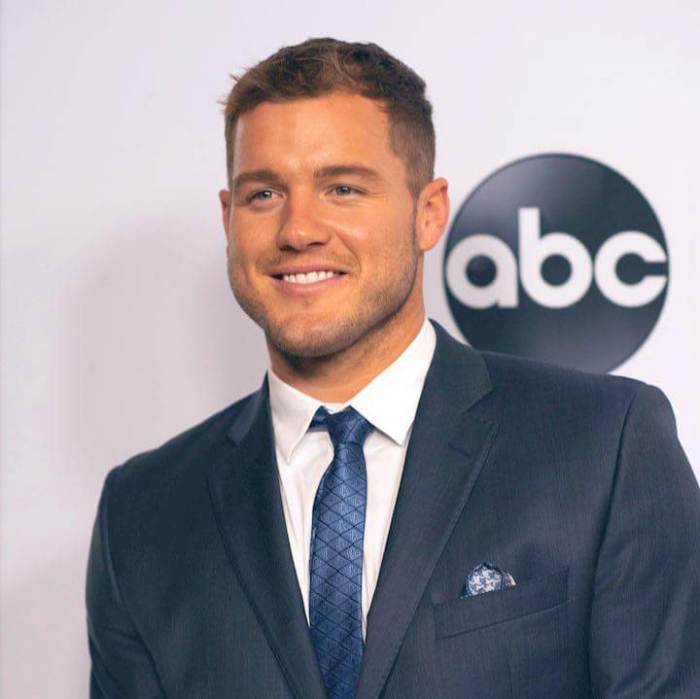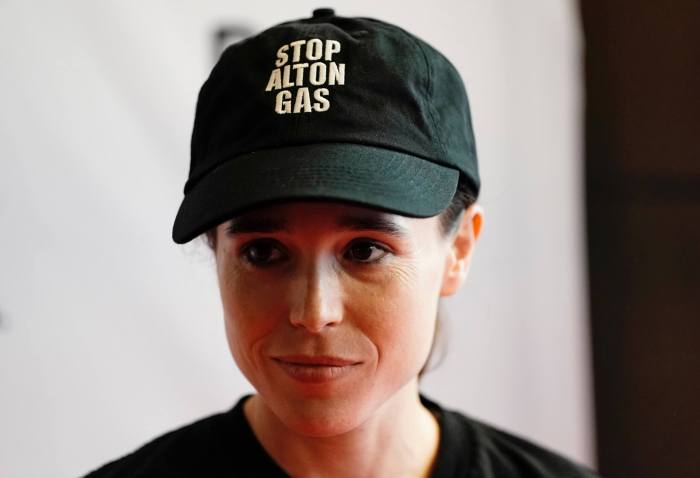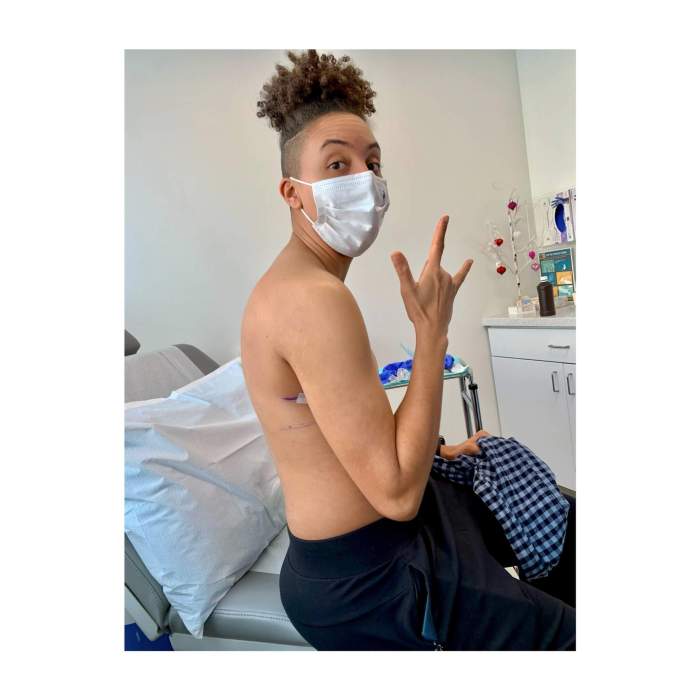It was 2015. It was another year and I was excitedly at the Creating Change conference, organized by the National LGBTQ Task Force. The conference was always a special place because aside from being the most popular political, leadership, and skills-building conference for the LGBTQ movement in the country, I always saw many friends from intersecting movements. One minute you could be at a panel on Asian American youth organizing for Black Lives and the next I would be on a panel on the intersections of the reproductive justice movement and transgender rights. So why was I so nervous as I prepared to participate in one of probably dozens of panels I had been on? That moment I decided I would share a little more of my truth with the world. I will never forget the words. I informed the audience that as a queer Latina who is white presenting, in a heteronormative relationship but whose mother is Puerto Rican, whose father is an immigrant, there are a lot of complexities around queer identities. I had openly proclaimed it, “I am a queer Latina.”
To the audience, this was another introduction of a panelist, but to me and to my friends sitting in the front row (clapping excitedly) I had finally done it. I came out publicly. For many lesbian, gay, bisexual, transgender, and queer people, the coming out process is a deeply personal, nuanced, and fluid process. It is not just one moment or action. It is an ongoing and lifelong process of understanding yourself, others, and the world around you. It’s a range of identities, feelings, and relationships that change over one’s life. Because identity is fluid, it’s important not to assume anything of anyone. That brings me to the nuanced way in which I experience my queerness. For over twenty years I have had the privilege of being with my opposite-sex partner, Danny, whom I love deeply, who has supported me and who has been an incredible ally to our movement. This does not make me any less queer.
Anyone who has followed my work for over two decades knows that I have committed myself to LGBTQ liberation work and it’s a commitment I have brought very proudly to my work in the New York State Assembly. I have the great honor of representing Jackson Heights, the birthplace of Queens Pride, and I’ve stood with our siblings for as long as I can remember, dating back to when Edgar Garzón was murdered in 2001. I have very proudly passed legislation that is trans-affirming and supported non-binary New Yorkers in building political power. I look forward next session to advancing legislation that will support families with queer parents.
Since beginning my first term in the Assembly, it has only been reinforced to me that for queer, bisexual, trans, and other people across the spectrum of sexual orientation and gender identity and expression, coming out is an ongoing process. My colleague, Assemblymember Harry Bronson, recently told me that being an LGBTQ legislator often means “coming out over and over again.” That is okay. Be patient with yourselves. And know this: you are not alone. I am fighting with you and for you every step of the way. For those who seek to be allies and/or comrades to us: Be loving and affirming when someone shares parts of themselves with you. In a world where our rights are attacked every day and so-called leaders would seek to strip us of our social justice gains, it is a radical act to be brave. I am also aware that coming out is not the same for everyone and it is in itself a privilege to be able to write this today. There are many queer and trans people who cannot share themselves with the world because it is unsafe to do so and withholding their identity is a means of survival. That truth must be held as well in this discourse.
I have come to feel and think of my queerness as an extension of my work to help create a more liberated world. It means that I think of our current LGBTQ rights movement as intersectional and, as Audre Lorde said, “there is no such thing as a single-issue struggle because we do not live single-issue lives.” It means that my work is also tied to the movement to advance health equity for our people, to decriminalize survival, including sex work, and to ensure that people who use drugs can do so safely and lead meaningful lives. It means that all families need to be treated as valid.
I’m proud to be queer. I’m grateful for my chosen family and for the people in the movement who have supported me, held me, who I have fought alongside and continue to fight alongside today. I hope in writing this that I can at least affirm one person’s experience. It is why I ran for office. It is why I am unapologetically building power for our community, for all of us. On this national coming out today I also remember the words of Assata Shakur: “We must love each other and support each other. We have nothing to lose but our chains.”
Jessica González-Rojas is the Member of Assembly for the 34th Assembly District in Queens, which encompasses the neighborhoods of Corona, East Elmhurst, Jackson Heights, and Woodside.

